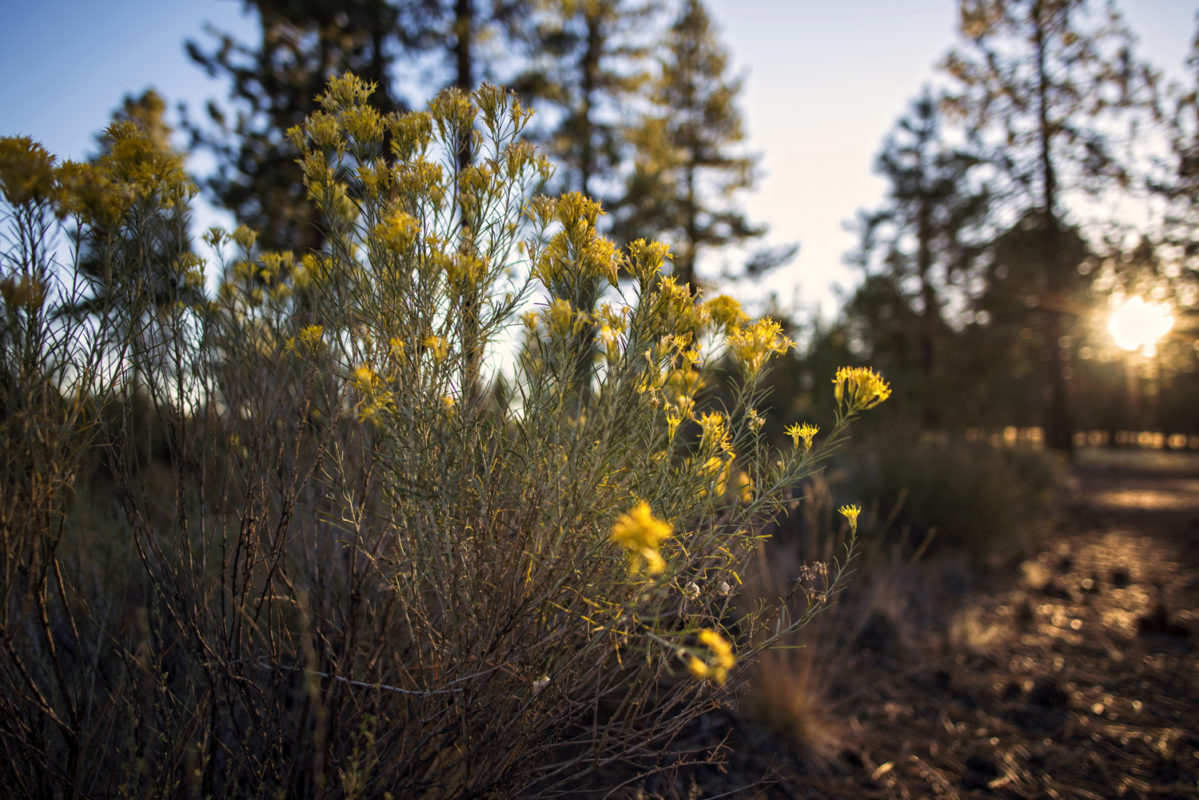The City of Bend’s UGB expansion plan approved by the state in 2016, left a lot of work that was deferred to determine how the new densities would impact systems such as streets, water and sewer.
Before any development can occur on land that was brought into the UGB (including Discovery West), these infrastructure impact plans need to be completed. Private westside landowners were encouraged by the City of Bend to work together to collectively determine the impacts and plan for these systems. The WIG—Westside Infrastructure Group—consists of a group of landowners including NWX2 (developers of Discovery West), Rio Lobo Investments, Anderson Ranch Holding Company and Coats Property. Together, this group has been working on a plan for infrastructure for about a year in conjunction with multiple departmental meetings with the City of Bend.
The culmination of this collaboration is a Development Agreement between the WIG and the City of Bend.
This is a unique public/private partnership that results in an equitable, cohesive strategy for westside infrastructure. Landowners are working together to mitigate impacts and to help determine the solutions up front, instead of competing for capacity. The cohesiveness of pre-planning all of the needed infrastructure for these separate developments, results in more efficient and effective investments in infrastructure improvements for the City of Bend.
This is a win-win solution for all involved, as highlighted in a Bulletin editorial:
- It saves the City money in resources to do this work as all of the infrastructure analyses have been privately funded with (City) staff in a reviewing role
- City staff has only one plan to review rather than multiple competing/conflicting plans,
- This plan leverages collective resources to allow for the completion of substantial infrastructure projects
- It allows the City to complete the rebuilding of NW 14th Street
- For land owners it saves time on master planning for development, as key details have already been determined and the collective impacts and solutions have been coordinated rather than creating a rush among owners to utilize system capacity.
The term of the agreement is 15 years it will be adopted as a City of Bend ordinance. The agreement was approved 6-0 by the Bend City Council on October 3, 2018 and passed on the second reading on October 17, 2018. This collaborative approach is a model that can potentially be used in other parts of town.


